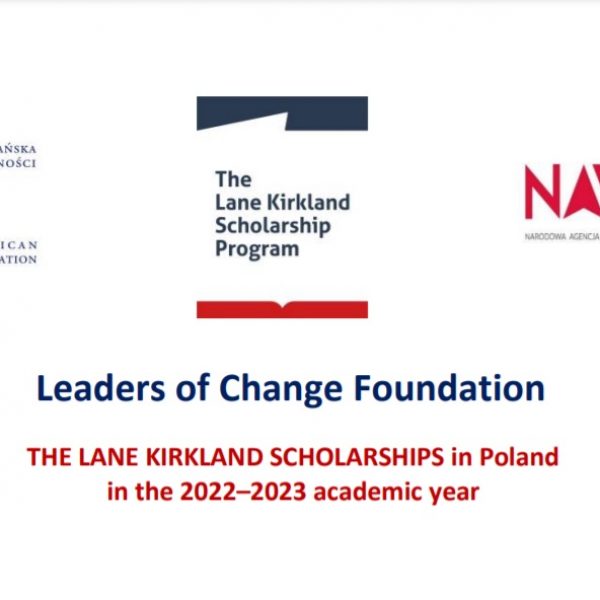For Moldovans and for other citizens from Eastern Europe, obtaining a visa for entering the EU countries has gained the status of an achievement. The process for obtaining a visa requires a lot of documents which would prove that people who apply do not intend to overstay and become illegal immigrants in the EU area.
In the West, obtaining a visa is only a matter of formality; Western people associate the visa procedures with something like renewing your passport, registration of property or enrolling in a university program. Most of the times, they don’t even need visas to travel to other countries, due to the fact that they come from “wealthy” countries and the risk of immigration from their side is smaller. Only the “blue passported-people” present a great risk to other nations, no matter how many documents they present which prove their purpose of stay or no matter how many previous visas or residence permits in the EU countries they had.
Because of many difficulties involved, Moldovans associate obtaining a visa with a real success. It is something to be proud of. We, Moldovans are so proud of bragging about how many visas we had, because we see it as an accomplishment, when it should be a simple technical procedure. This bragging attitude is not only a result of our “proud” Moldovan mentality, but also it results from the complicated procedures of getting a visa.
Moreover, I don’t think that those who apply for visas are so irritated about the long list of documents they have to prepare, as they are irritated about the attitude of some embassy employees, who have an arrogant attitude and look at them from a superior angle. It is not only unprofessional, but inhuman as well.
For some time, I had the feeling that the embassies in Moldova are the only places where there is no nepotism involved. I am sad to admit that I was too naïve in my thinking. After giving a phone call, one of the persons staying in the line for getting a visa was privileged to be called inside the embassy in order to present his documents. I could understand when a pregnant woman, a parent with a baby, the disabled, or the elderly are given priority, but I cannot understand when people who are very capable of waiting in line are being privileged.
So, you might wait in a two-day line, but that is not a guarantee that the rules of waiting in the line will be respected. Miracles happen.
While applying for a visa, you get the impression that you committed a crime and that now you have to defend yourself by presenting different documents. It doesn’t feel like a right, it is more a process where you justify your actions by giving explanations (your income, your social status, job status, previous visas, purpose of stay). Can we be sure that we are more free nowadays with all these bureaucratic procedures? Or, is just another method of isolation, control and manipulation?
Coming back to the main idea, I think that we must add the category “number of Schengen visas” to our list of achievements in the CV, since this is considered as a real conquest. I hope you feel the irony and frustration in my words.
Anyway, the good thing is that in spite of this annoying process of getting a visa, in spite of inappropriate attitude from the embassies’ employees, you get to learn things and appreciate more what is given many times for free. Restrictions and prohibitions very often make people more aware of the fact that we have to fight for our purposes and cherish what we obtain at the end of this fight. Unfortunately, the Moldovans’ fight is for simple things like getting a visa, while there are so other more important things to fight for, such as personal, professional or spiritual growth.
Some technical procedures took the place of really valuable goals. Moreover, these procedures involve a great deal of discrimination, isolation, and creating and maintaining stereotypes which eventually lead to frustrations and conflicts.





